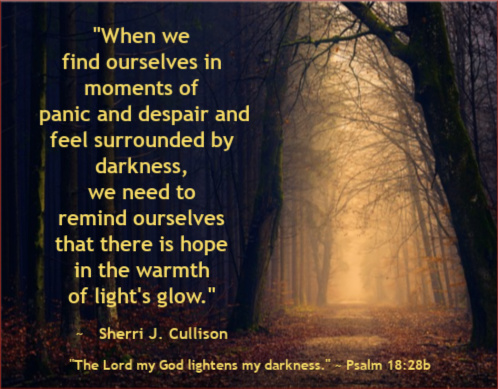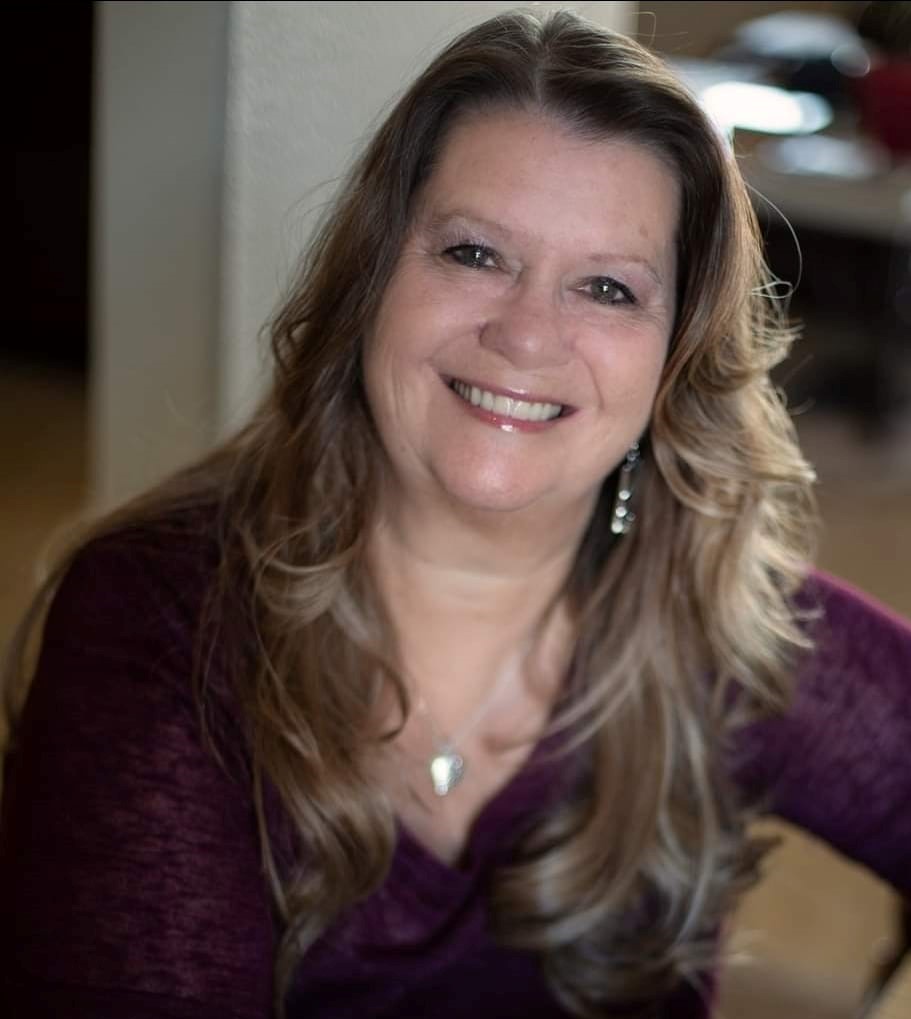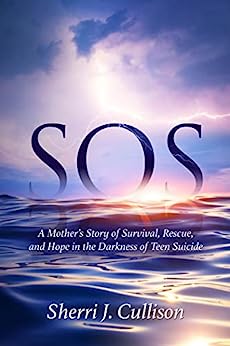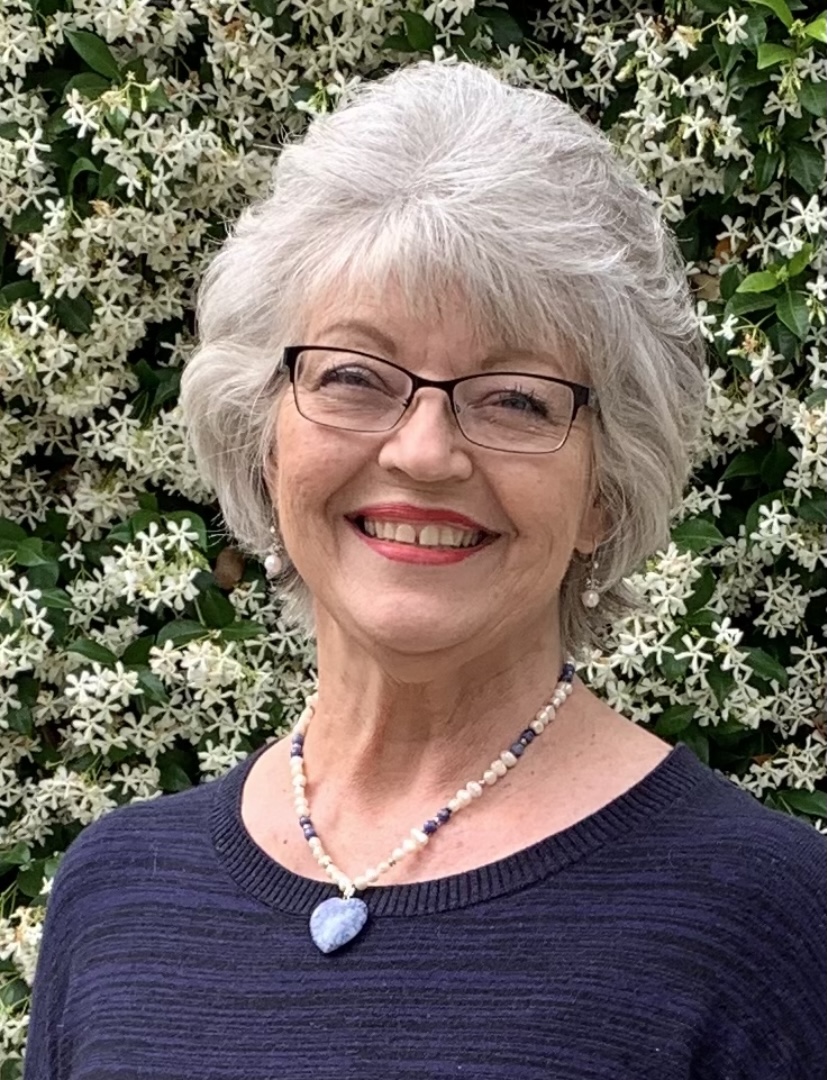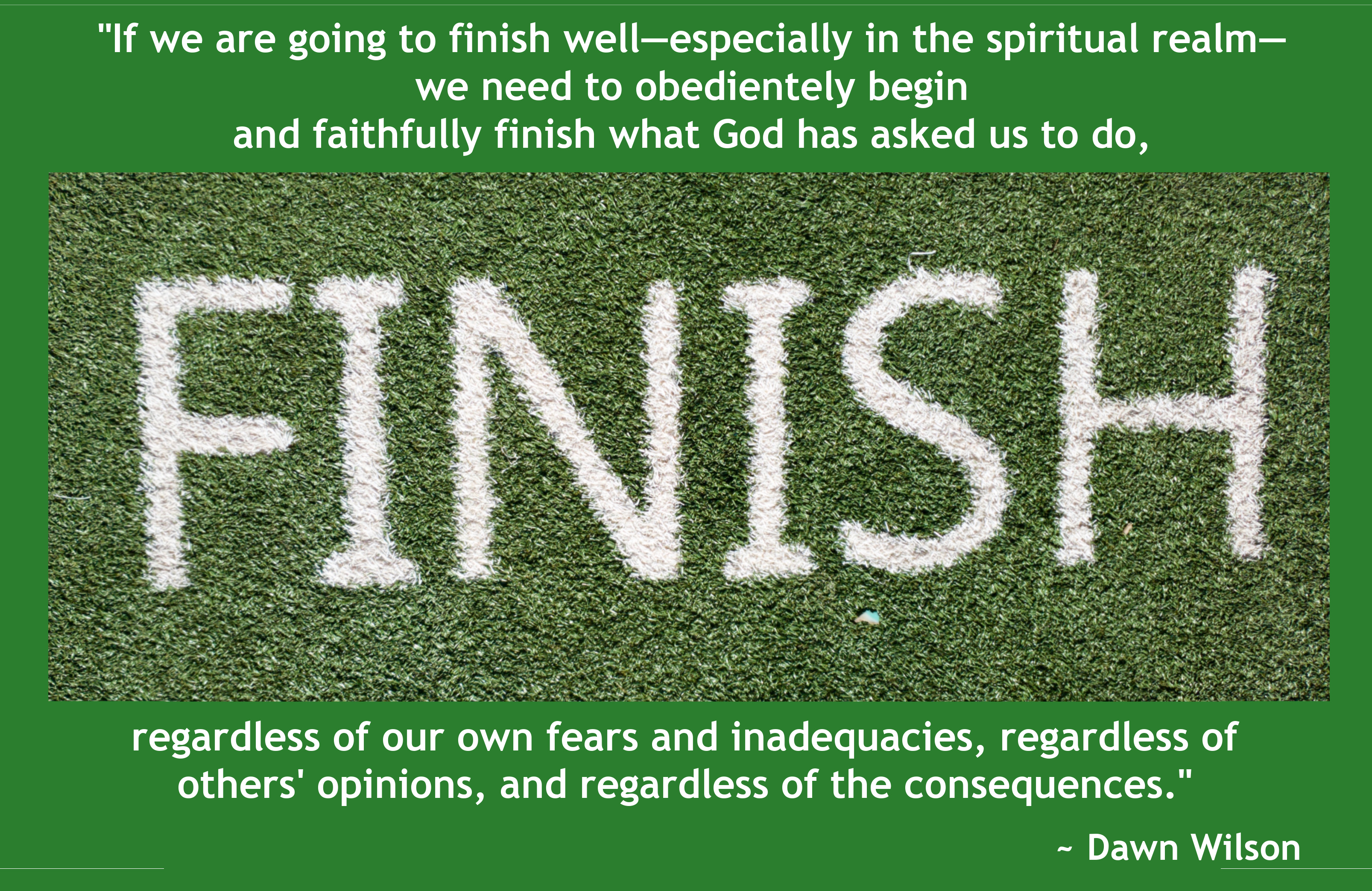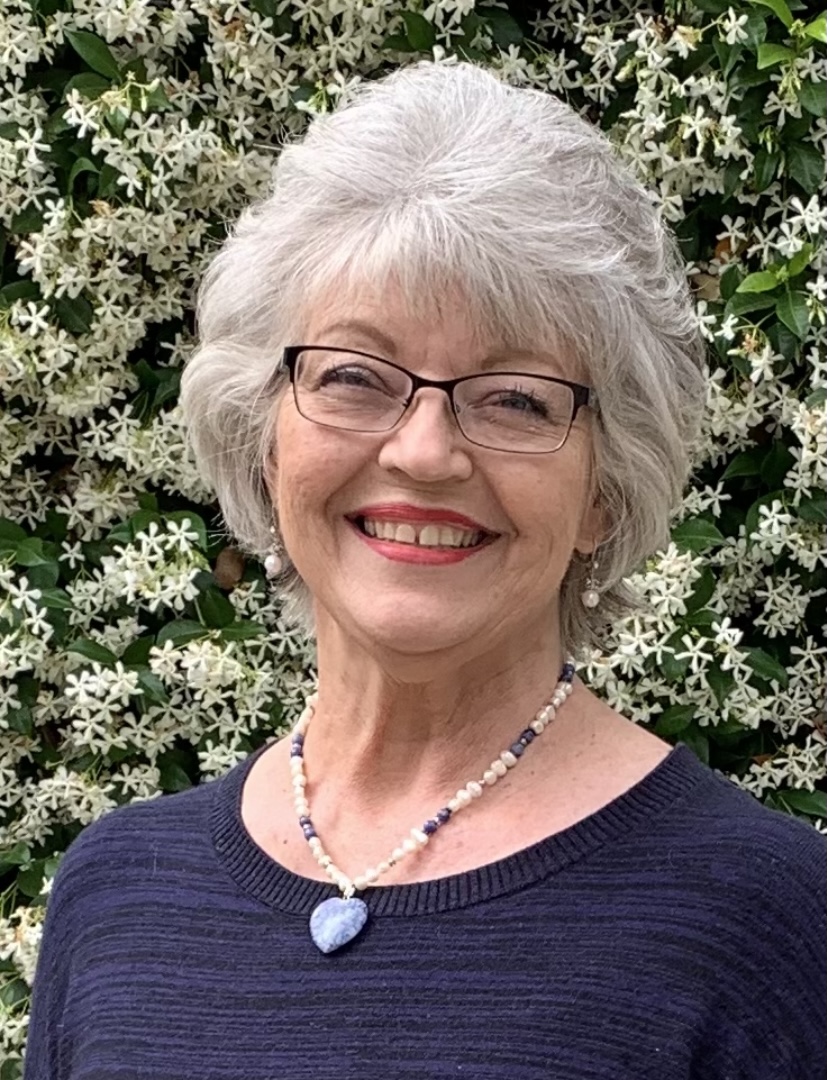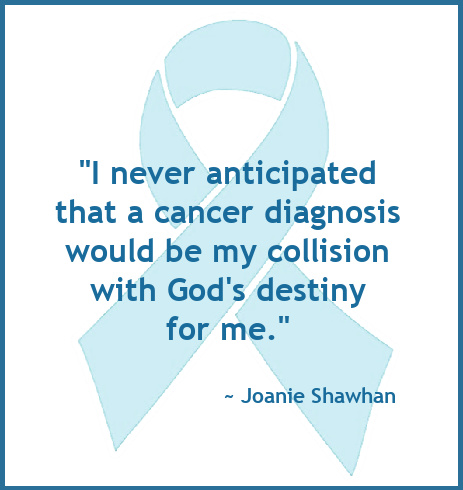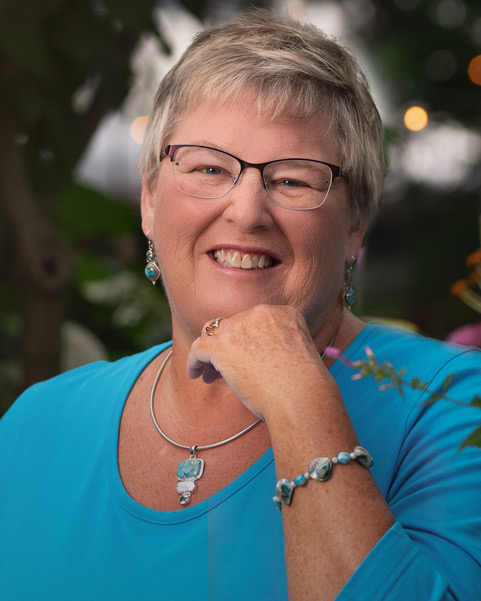Do You Have Spiritual Dementia?
Kathy Collard Miller is one wise woman! She's learned that wisdom in the trenches of spiritual growth. In this Spiritual Maturity UPGRADE, she creates a unique application—spiritual dementia—to physical dementia.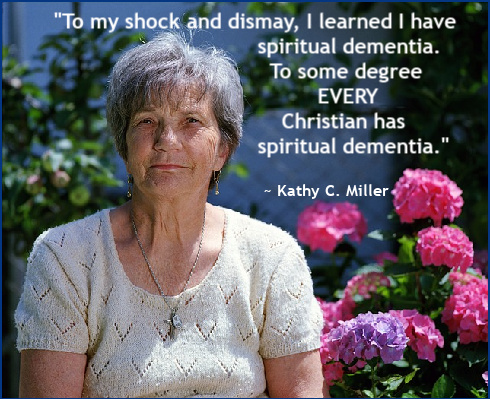 "Larry and I were challenged as we took care of his mother who had Lewy-Body Dementia," Kathy said. "Then I later realized I have spiritual dementia"
"Larry and I were challenged as we took care of his mother who had Lewy-Body Dementia," Kathy said. "Then I later realized I have spiritual dementia"
I (Dawn) wondered, "What is spiritual dementia? Do I have it? How would I know?" Kathy didn't leave me wondering.
Kathy continues . . .
My 91-year-old mother-in-law, Audrey, had wagged her finger at me, exclaiming,
“You are so mean, Kathy. You dropped me off yesterday several blocks away and I had to walk home in the hot sun.”
I was stunned how to answer. Of course, I hadn't done that, but because of her dementia, she believed it was true. She had a form of dementia called Lewy-Body (www.lbda.org) and with that came paranoia, delusions, and hallucinations.
In that journey of caring for her, Larry and I learned a lot.
To my shock and dismay, I learned I have spiritual dementia.
To some degree EVERY Christian has spiritual dementia.
Here are three primary symptoms.
1. Spiritual Delusions
Audrey had delusions which were very real to her. Nothing Larry and I said ever changed her mind about anything, even obvious proof.
I knew the Lord was speaking to me. I am faced with spiritual truth constantly, and some of it I reject.
I read the Bible and mentally cast away anything that is not within my already-determined belief system . . . or feels like too much of a challenge to obey.
I began to evaluate:
- Am I casting away truth?
- Am I rejecting God’s ideas because I can’t acknowledge I don’t know everything?
Romans 12:2 urges us, “Do not be conformed to this world, but be transformed by the renewal of your mind, that by testing you may discern what is the will of God, what is good and acceptable and perfect” (ESV).
2. Protecting Your Image
Audrey often said, “Someone stole my hearing aids.”
When I found them, she replied, “They put them back.”
Because of her paranoia, Audrey wouldn’t take responsibility because then she would be faced with knowing she is incompetent.
I see myself in her reaction.
My goal is to appear competent, dependable, and efficient. If I can’t answer some biblical question or my answer turns out to be wrong, I try to explain it in different ways. I have a hard time admitting I’m wrong.
3. Taking Things Personally
When Audrey lived in assisted living before coming to live with us, if someone was whispering, they were whispering about her. If someone was upset, they were upset with her. She took everything personally as if it was a reflection of her.
I can be the same way.
When I fixed Audrey's breakfast, she said, “I couldn't eat all the cereal because you put too little milk with it and it got too dry.”
Hearing the accusing word “you” raised defensiveness within me. I thought, “She thinks I always do everything wrong.”
But then I remembered Audrey was raised in the depression and wasting anything was shameful. She was actually saying, “I hope you won't think badly of me because I wasted the cereal. But I couldn't eat it. It’s too dry.”
Knowing the underlying reason helped me be gracious toward her and reminds me to be compassionate toward others.
Maybe it's not all about me but their own struggles.
When the new believers he mentored had problems, the Apostle Paul didn't take it personally.
He wrote,
“. . . Our conscience testifies that we have conducted ourselves in the world, and especially in our relations with you, in the holiness and sincerity that are from God” (2 Corinthians 1:12 NIV).
We can trust God knows the truth about us.
Every one of us struggles with spiritual dementia to some degree. God will help you just like he is helping me.
Which symptom of spiritual dementia (if any) do you struggle with?
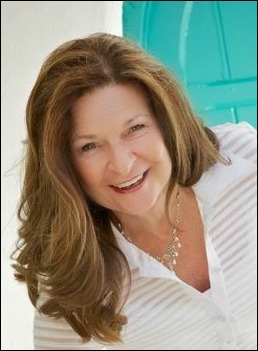 Kathy Collard Miller has continued to be in awe of God’s ability to use her through writing over 60 books and speaking in 9 foreign countries and over 30
Kathy Collard Miller has continued to be in awe of God’s ability to use her through writing over 60 books and speaking in 9 foreign countries and over 30 US States. Her newest women’s Bible study book, God’s Heart for Your Marriage (available in print and Kindle), is perfect for individual or group study. Kathy and her husband, Larry, of more than 50 years, are parents, grandparents, and lay counselors, and they live in Boise, Idaho. Visit her at www.KathyCollardMiller.com.
US States. Her newest women’s Bible study book, God’s Heart for Your Marriage (available in print and Kindle), is perfect for individual or group study. Kathy and her husband, Larry, of more than 50 years, are parents, grandparents, and lay counselors, and they live in Boise, Idaho. Visit her at www.KathyCollardMiller.com.
Graphic adapted, courtesy of Benjamin Balazs at Pixabay.
 2 Comments → Posted on
2 Comments → Posted on  Thursday, September 14, 2023 at 10:14AM
Thursday, September 14, 2023 at 10:14AM 




